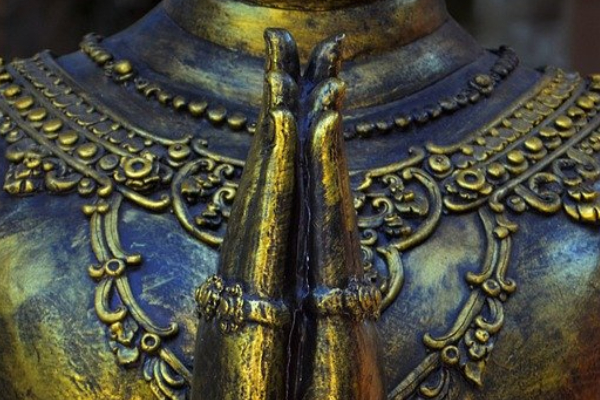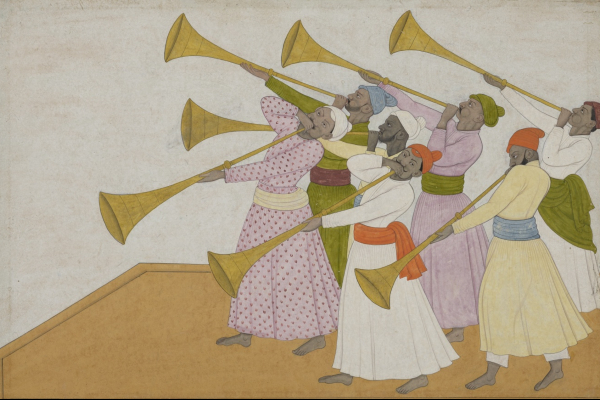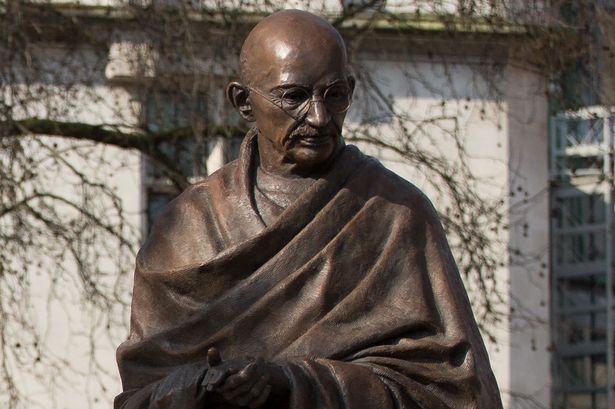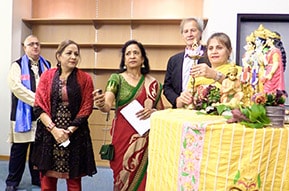The Everlasting Impact of Hindus and Hinduism on World Civilization
Throughout history, Hinduism has been more than just a religion; it has been a way of life, a philosophy, and a cultural beacon that has illuminated the world with its profound wisdom and timeless teachings. From ancient scriptures to modern innovations, Hindus and Hinduism have made significant positive contributions to the world, shaping both the spiritual and material realms. Let us explore some of these enduring contributions that continue to enrich humanity.

1. Philosophy and Spirituality:
At the heart of Hinduism lies a rich tapestry of philosophical thought that has captivated minds for millennia. The ancient scriptures such as the Vedas, Upanishads, and Bhagavad Gita contain profound insights into the nature of existence, consciousness, and the cosmos. Concepts like karma, dharma, and moksha have not only provided spiritual guidance to millions but have also influenced the philosophical discourse worldwide. The emphasis on the interconnectedness of all beings and the pursuit of self-realization has inspired individuals across cultures to seek deeper meaning in their lives.
2. Yoga and Meditation:
Hinduism gave birth to the practices of yoga and meditation, which have become global phenomena embraced by people from diverse backgrounds. Yoga, with its focus on physical postures (asanas), breathing techniques (pranayama), and meditation, offers holistic benefits for both body and mind. Its popularity transcends religious boundaries, with millions around the world incorporating it into their daily routines to promote health, well-being, and inner peace. Similarly, meditation techniques rooted in Hindu traditions have been scientifically validated for their efficacy in reducing stress, enhancing cognitive function, and fostering emotional resilience.
3. Science and Mathematics:
Contrary to popular misconceptions, Hindu civilization has made significant contributions to the fields of science and mathematics. Ancient Indian scholars made groundbreaking discoveries in areas such as astronomy, metallurgy, medicine, and architecture. The concept of zero, the decimal system, and the numerical value of pi are just a few examples of India's mathematical prowess that revolutionized the way we understand and quantify the world. Furthermore, texts like the Vedas contain intricate astronomical knowledge that astounded Western scholars upon its discovery.
4. Art, Architecture, and Literature:
The artistic and architectural heritage of Hinduism is as diverse as it is breathtaking. From the intricate carvings of temples like Khajuraho and Konark to the majestic sculptures of gods and goddesses, Hindu artistry reflects a deep reverence for the divine and a celebration of life's beauty. The epics Ramayana and Mahabharata, along with ancient texts like the Puranas, are literary treasures that have inspired countless works of art, literature, and music across cultures. The timeless stories contained within these texts impart moral lessons, cultural values, and profound insights into the human condition.
5. Social and Humanitarian Values:
Central to Hindu teachings are principles of compassion, tolerance, and social justice. The concept of ahimsa (non-violence) espoused by figures like Mahatma Gandhi has influenced numerous movements for peace and social change worldwide. Hinduism's emphasis on seva (selfless service) has inspired countless charitable initiatives aimed at alleviating suffering and promoting the welfare of all beings. Additionally, the caste system, often misunderstood and misinterpreted, originally served as a division of labor based on skills rather than social hierarchy, and efforts to reform and mitigate its negative impacts continue within Hindu society.
6. Environmental Stewardship:
Hinduism's reverence for nature is deeply ingrained in its spiritual ethos. The belief in the interconnectedness of all life forms has fostered a culture of environmental stewardship and sustainability. Practices such as tree worship, river conservation, and eco-friendly rituals reflect the Hindu commitment to preserving the natural world for future generations. Moreover, concepts like Vasudhaiva Kutumbakam (the world is one family) promote a sense of global responsibility towards protecting the planet and fostering harmony among all living beings.
In conclusion, the contributions of Hindus and Hinduism to the world are manifold and enduring. From its profound philosophical insights to its practical applications in science, medicine, and social welfare, Hinduism continues to inspire and enrich humanity in myriad ways. As the world grapples with complex challenges, the timeless wisdom of Hinduism serves as a guiding light, reminding us of our shared humanity and the interconnectedness of all existence.









































